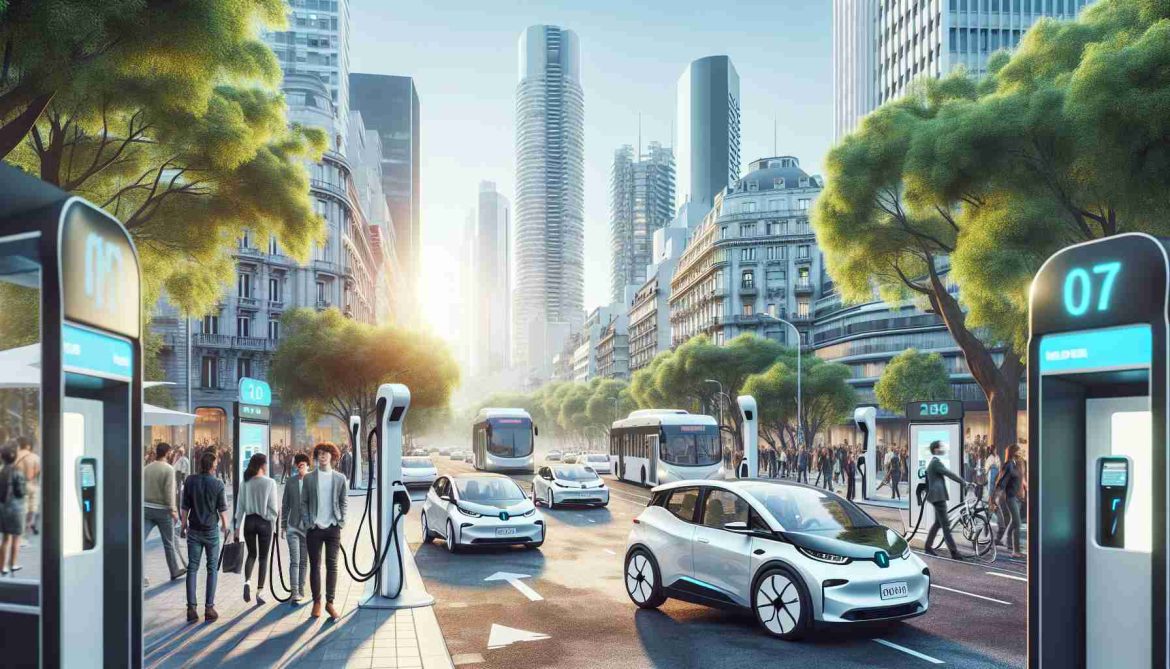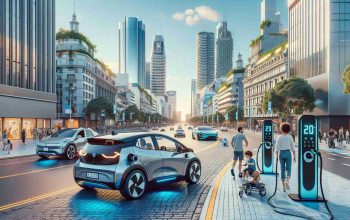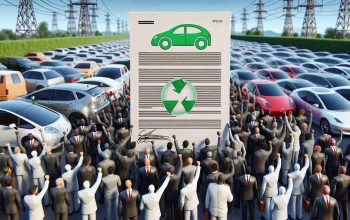Argentina Welcomes Electric Car Revolution
The Argentine automotive market is on the brink of a major transformation with the imminent arrival of cutting-edge electric vehicles.
New Import Regulations Pave the Way for Tesla’s Introduction
The recent unveiling of progressive import regulations by the Milei government promises to streamline the process for bringing internationally certified vehicles, such as those from Tesla, into the Argentine market. By simplifying registration and sales procedures, the new homologation project is set to revolutionize the local automotive landscape.
Empowering Individual Consumers with Access to Tesla
In a significant shift, the initiative primarily benefits ordinary citizens, freeing them from the constraints imposed by existing environmental and model configuration laws that hindered Tesla’s presence in the country. Now, individuals can independently import Tesla vehicles from the US and Europe without the burdensome restrictions of the past.
Tax Implications for Imported Vehicles
While a 35% import tariff applies to vehicles from Brazil, Mexico, and Colombia, a 0% tariff agreement with these countries means no extra charges for Argentine imports and exports. Luxury vehicles like Tesla’s Cybertruck face internal taxes based on their value, providing greater clarity for consumers in the importing process.
Looking Ahead
As Argentina prepares to welcome Tesla, questions remain regarding the range of vehicles available for individual purchase from markets like the US and Europe. While doors to markets in China, Korea, and Japan are currently excluded, the future seems bright for electric vehicle enthusiasts in Argentina as the government dismantles barriers hindering the long-awaited entry of Elon Musk’s creations.
Argentina’s Vision for Electric Vehicles Expands
Argentina’s journey toward embracing the electric vehicle revolution extends beyond the introduction of Tesla cars, paving the way for a comprehensive shift in the country’s automotive landscape.
Expanding Market Offers Diverse Electric Vehicle Choices
With the focus initially on welcoming Tesla into the local market, Argentine authorities are also exploring partnerships with other global electric vehicle manufacturers to diversify the options available to consumers. As the range of EVs expands, individuals in Argentina can look forward to a broader selection of models catering to various preferences and budgets.
Infrastructure Development and Charging Networks
A critical aspect of transitioning to an electric vehicle-centric future involves enhancing the charging infrastructure across Argentina. The government is working on initiatives to establish a widespread network of charging stations, ensuring convenient access for EV owners nationwide. The evolution of these networks is vital for encouraging widespread adoption and overcoming range anxiety.
Key Challenges and Controversies
One of the primary questions revolves around the readiness of Argentina’s electrical grid to support a surge in electric vehicles. Concerns persist regarding the grid’s capacity and potential strain, especially during peak charging times. Additionally, debates arise around how to sustainably produce the electricity needed to power an expanding fleet of electric cars, addressing environmental implications related to energy generation.
Advantages and Disadvantages of EV Adoption
Advantages of transitioning to electric vehicles in Argentina include a reduction in greenhouse gas emissions, decreased reliance on fossil fuels, and lower operational costs in the long term. However, potential challenges include the initial high costs of EVs, limited model availability compared to traditional vehicles, and concerns about the sustainability of battery production and disposal.
Continuing Progress in the Electric Vehicle Sector
As Argentina enters a new era of electric mobility, continuous efforts are crucial to address these challenges and controversies effectively. By focusing on infrastructure development, regulatory frameworks, and sustainable practices, the country can pave the way for a cleaner, more efficient transportation sector that aligns with global sustainability goals.
For more information on the global electric vehicle industry, visit International Energy Agency.



